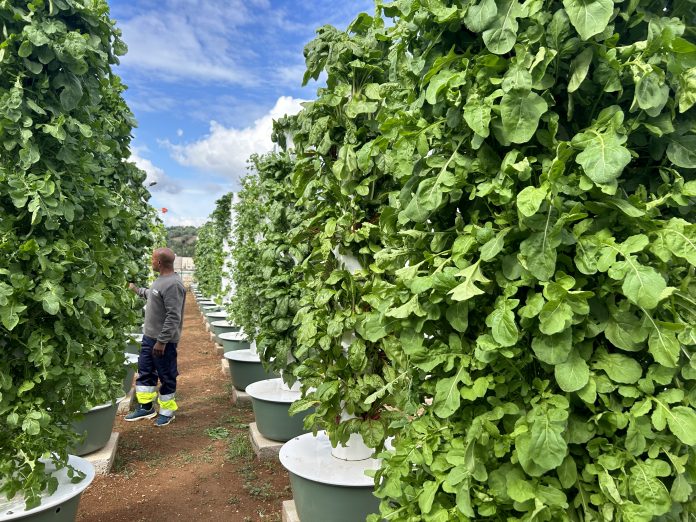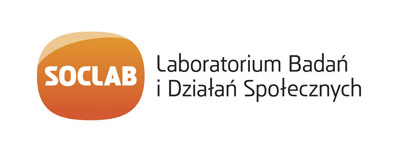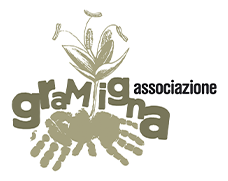EURECA
Good Practices

.jpg)
1. Vertical vegetable Garden of Torres Novas prison facility (Foto Weletric)
2. Alvalade community greenhouse (Foto UpFarming)
3. Basic School Dom Luís de Cunha vertical vegetable gardens (Foto Eureca)
UpFarming – Verticale Horticulture
Country:Main Subject:
Description:
UpFarming is a non-governmental organization that promotes urban agriculture through a variety of innovative projects, such as hydroponic and aeroponic systems. With a collaborative and technological approach, the organization mainly implements vertical urban vegetable gardens to grow fresh and healthy food in limited spaces. In parallel, it develops several initiatives to promote sustainability and food security in cities, such as workshops and other educational activities.
One of the vertical vegetable gardens implemented by the organization is located in the Torres Novas Prison Facility and is cultivated by around 40 prisoners and with prison guards. The aim is to improve the diet of the prisoners and support families in the local neighborhood through the distribution of food. Prisoners obtain a professional certification in horticulture that will help the social reintegration after serving their sentence.
The organization is also present in Alvalade, Lisbon, at the Horticultural park Aquilino Ribeiro Machado (a former president of Lisbon City Council), where it seeks to encourage the involvement of consumers of all ages in the practice of the complete process of growing food products that produces benefits for individual psychological well-being and social cohesion.
UpFarming implemented and co-manages a project called “From School to Table”, which is a holistic production system composed of a horizontal vegetable garden, a vertical vegetable garden, an agroforestry ring and a composting station at Basic Scholl Dom Luís da Cunha. The food produced at the school is consumed by the inhabitants of the neighborhood and the cultivation process is used as a transversal and specific pedagogical tool, contributing to the well-being of the school community and to the formation of a generation that is more aware of environmental and food issues.
Reference links:
SDG direct/ indirect short justification:
SDG 2 – Zero Hunger: The urban vegetable gardens implemented by UpFarming provide to local communities access to cheaper and more nutritious food, due to the reduction of time between harvesting and consumption.
SDG 4 – Quality education: The vegetable gardens co-managed by UpFarming are also a pedagogical tool of education about biodiversity, food and sustainable consumption, in schools and in non-formal learning.
SDG 3 - Good health and well-being:
The food produced in UpFarming vegetable gardens is free from pesticides, making it healthier and more nutritious.
Keywords:
City:
Questions:
- What are the advantages of urban agriculture?
- What are the objectives of the UpFarming project atTorres Novas Prison?
- What are the components of the holistic production system at the basic school Dom Luís da Cunha
Authors:
EDU.IN – Associação para a Educação Integral




